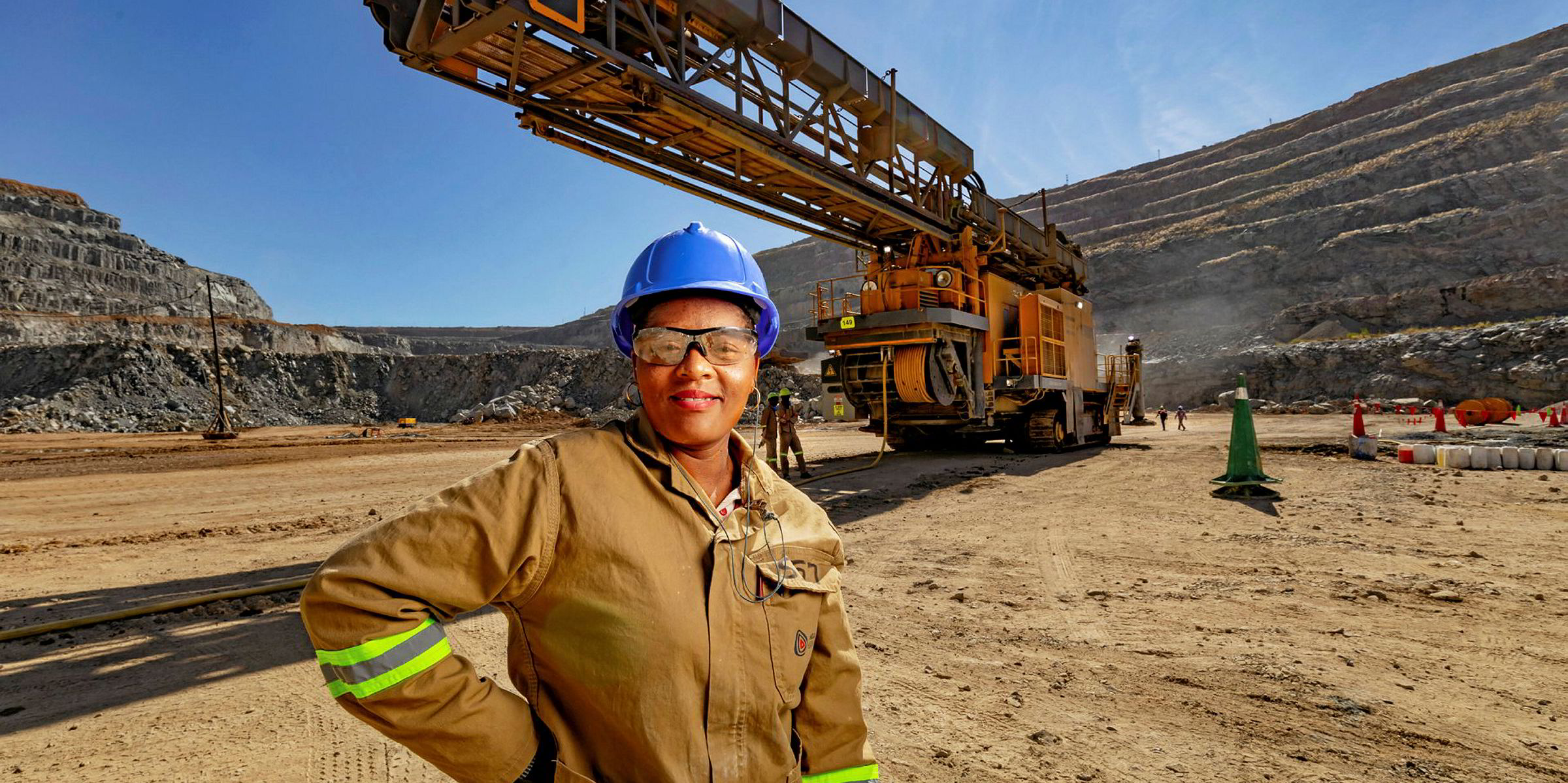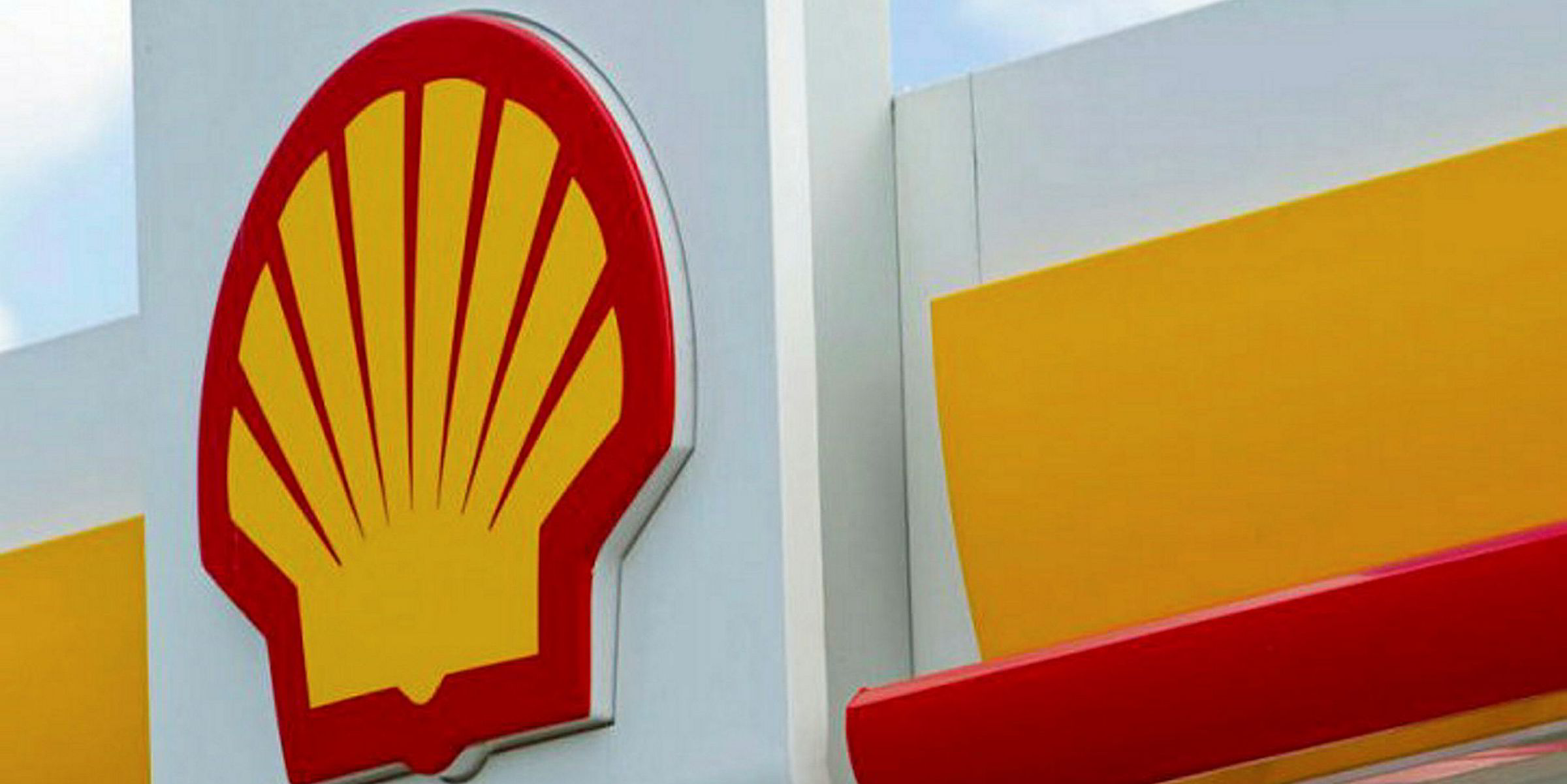The container shipping industry, which has more carbon emissions than any other maritime transport sector, is urged to improve its emissions reporting standards by following the example set by major dry and wet bulk players in Sea Cargo Charter.
As part of their efforts in combating climate change, 17 dry cargo, oil charterers and ship operator – including Cargill and Trafigura – have signed up for the framework of standardised CO2 measurements and disclosures from their shipping operations.
Tristan Smith, reader at University College London’s Energy Institute, said container lines and shippers were not involved as they had already formed the Clean Cargo Working Group for emissions reporting.
But the container group does not have “the level of transparency, the accountability to a targeted system, and the granularity” represented in the bulk players’ initiative, Smith told a conference call on Wednesday.
“The container sector is now behind the bulk sector in having a private-sector initiative that is effective,” said Smith, who helped draft the charter.
Bulk vs container trade
Sea Cargo Charter is centred around a contractual commitment in the form of a standard charterparty clause for the shipowner or operator to share data on the tonnage carried, distance sailed, and fuel type and amount used for each voyage with the charterer.
Once the data is collected, the carbon intensity of shipping operations can be calculated using the International Maritime Organization’s energy efficiency operating indicator against the global regulator’s long-term decarbonisation targets.
Calculations can be conducted by signatories themselves, but the charter’s preferred method is to use third parties such as a class society or accountant. Data of each signatory will be published annually.
“The shipping industry as a whole needs to adopt a transparent approach, advocated by the Sea Cargo Charter, in order to fully understand the sector’s overall greenhouse gas footprint and for us to collectively rise to the challenges faced,” Trafigura’s head of fuel decarbonisation Rasmus Bach Nielsen said in a statement.
Clean Cargo has required member lines to report vessel-specific environmental performance data each year using a standard reporting template and guidance methodologies.
Non-profit organisation BSR, which functions as the group’s secretariat, publishes annual aggregated data on main trading lanes that is available to the public. Shippers that participate in the group can check each carrier’s performance individually.
Formed in 2002, Clean Cargo now has 80 members responsible for 85% of the global container trade, according to its website. Its members include Maersk, CMA CGM, Cosco, Amazon and IKEA, among others.
Smith said he hopes the charter can inspire Clean Cargo in enhancing emissions reporting or even prompt new initiatives that can “push the container sector to the much higher standard that they need to be at.”
The container fleet generally consumes more marine fuel and emits more CO2 than other shipping sectors, the International Energy Agency estimates.
In its Energy Technology Perspective 2020 report, the OECD’s energy watchdog said: “Container ships generally have the highest fuel consumption as they travel at high speeds, carry large volumes of goods and cover the longest distances.
“This is due to the fact that they normally operate as liners, which means that they have a busy schedule with only short stops to load and unload containers.”







